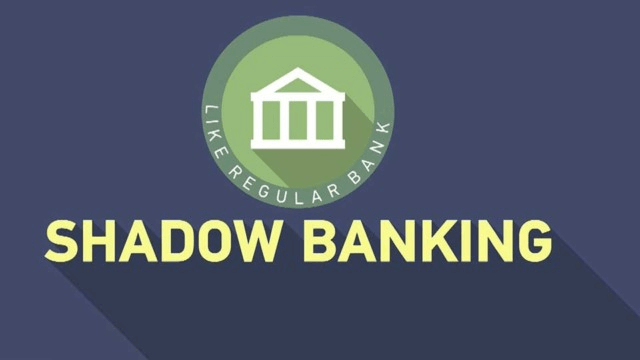
Planning for the future also means that if anything harmful happens to you or your spouse, you can access bank accounts and other assets. Making two signatures on your money account can reduce your pressure when you or your spouse is sick or dead. There are two cases to prove how crucial and indispensable it is to have more than one signature on any bank account, especially on a savings account.
Let's make up an assumption that your spouse has only one saving account in their name. They deposit all their deposits and withdrawals into their accounts. One day, they were sick and could not be able to access their account. You may not withdraw any money from the budget for the simple and fundamental reason that the statement only uses the spouse's name.
If they die, all their assets will become part of their property. As a result, you will either have the chance to access any bank accounts to pay for their funerals, which is particularly true if no valid will is made before their death. Here are some steps you can take immediately to address this challenge:
Make sure all bank accounts have parents' names. And make additions that can sign your name to any bank account your parents may have. Draft a document that provides lasting financial authority for your parent's property.

A permanent authorization to provide health care to your parents if they are incapacitated.
These security measures will help to make sure that your parent's assets are protected from illness or death. They will allow you to make the necessary transactions to deal with any unforeseen circumstances that may arise. Without these measures, you will find it very difficult to deal with the practical problems you face (if there is no court order, it is not impossible).
Here is another point to explain. Usually, the children of elderly parents cannot afford to take them in and care for them, so that they may be sent to a nursing home. If your parents have money to deposit in the bank account, the nursing home will use this money as the cost of providing housing and medical services. In fact, however, experts suggest that as long as parents live in nursing homes, you may need a way to take their existing assets under protection. Therefore, all their income will be used to pay for the nursing home facilities, which will then be taken over by Medicaid.
It all started with taking steps now to protect savings, checks, and other accounts in your or your parent's name. Because this topic is too tricky or too sad to discuss, it is not unusual feeling to want to postpone financial issues. However, it is wise to solve this problem now. Protect your money account by discussing it with your child, lawyer, or accountant so you (or your spouse) don't have to face another choice when you are most vulnerable and sensitive.






